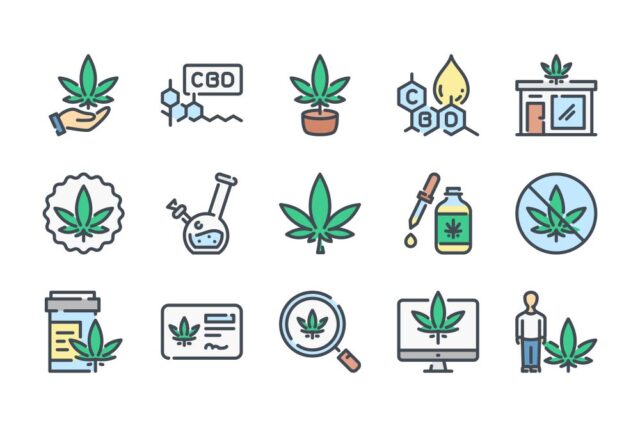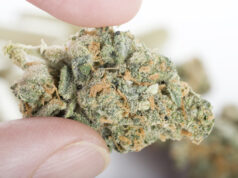
It has been several years since Utah voters approved the proposition that legalized medical cannabis in Utah. The decision to do so has opened the door to alternative medicine for some 70,000 current medical cannabis card holders. It is a wonderful thing. Along the way, each one of those card holders is supported by dedicated people who believe in the power and benefits of medical cannabis.
On the government side of things, regulators work with state and local representatives to develop and implement program rules. There are also medical experts and lobbyists who advocate on behalf of patients and industry representatives. But when it comes to actual medical cannabis transactions, five key players make it all happen.
1. The Patient
Patients are the lifeblood of Utah’s medical cannabis program. Zion Medicinal, located in the St. George-Cedar City area, serves patients from all walks of life. Their customers include blue-collar workers, professionals, and everyone in between. Without patients willing to obtain their medical cannabis cards and visit local pharmacies like Zion Medicinal, the industry would not exist.
2. The Qualified Medical Provider

When it comes to medical cannabis in Utah, a qualified medical provider (QMP) is one of two types of medical providers legally allowed to recommend medical cannabis to patients. They were the only ones allowed to do so when the program first launched in Utah. Things have since changed. Regardless, a QMP is a doctor, advanced practice nurse, or orthopedist with prescribing authority in the state.
A QMP he is also certified by the state after undergoing continuing education. QMPs can recommend medical cannabis to a total number of patients equaling 1.5% of the total active cardholders in the state.
3. The Limited Medical Provider
To obtain or renew a medical cannabis card, patients have to visit a medical provider. Unfortunately, there are not enough QMPs in the state to meet demand. Legislators solved that problem by launching the limited Medical Provider (LMP) program. LMPs are the same types of professionals as their QMP counterparts. The only difference is that they have not undergone continuing education, so they are not certified.
Utah LMPs are allowed to recommend medical cannabis to up to 15 patients simultaneously. That matters here in the St. George area given that we are more rural than other parts of the state. If you were looking to start using medical cannabis and could not find a QMP locally, your primary care physician could act as an LMP if he or she were willing.
4. The Pharmacy Medical Provider
Medical cannabis products dispensed anywhere throughout the state of Utah can only be dispensed under the oversight of a licensed pharmacy medical provider (PMP). A PMP is a fully trained pharmacist who specializes in medical cannabis. PMPs are licensed by the state to dispense medical cannabis.
Consulting with a PMP regularly is a good idea. State law requires that a PMP be on duty whenever a medical cannabis pharmacy is open for business.

5. The Pharmacy Agent
Last but not least is the pharmacy agent. This is the individual who works behind the counter at the medical cannabis dispensary, taking payments and helping customers on the retail side of things. State law requires that pharmacy agents be certified as well.
The five key players in medical cannabis transactions make it all happen. Patients rely on their QMPs, LMPs, PMPs, and pharmacy agents to guarantee access to safe and effective plant-based medicines. Utah’s system works quite well for tens of thousands of patients who rely on medical cannabis for better health.



